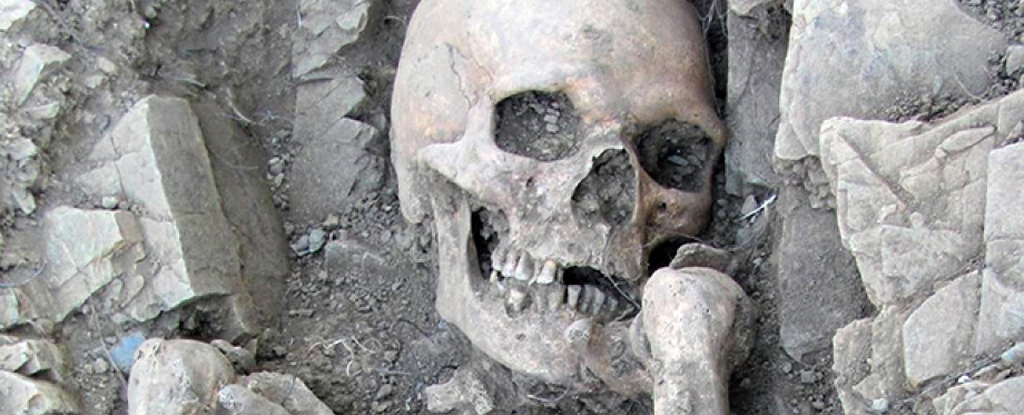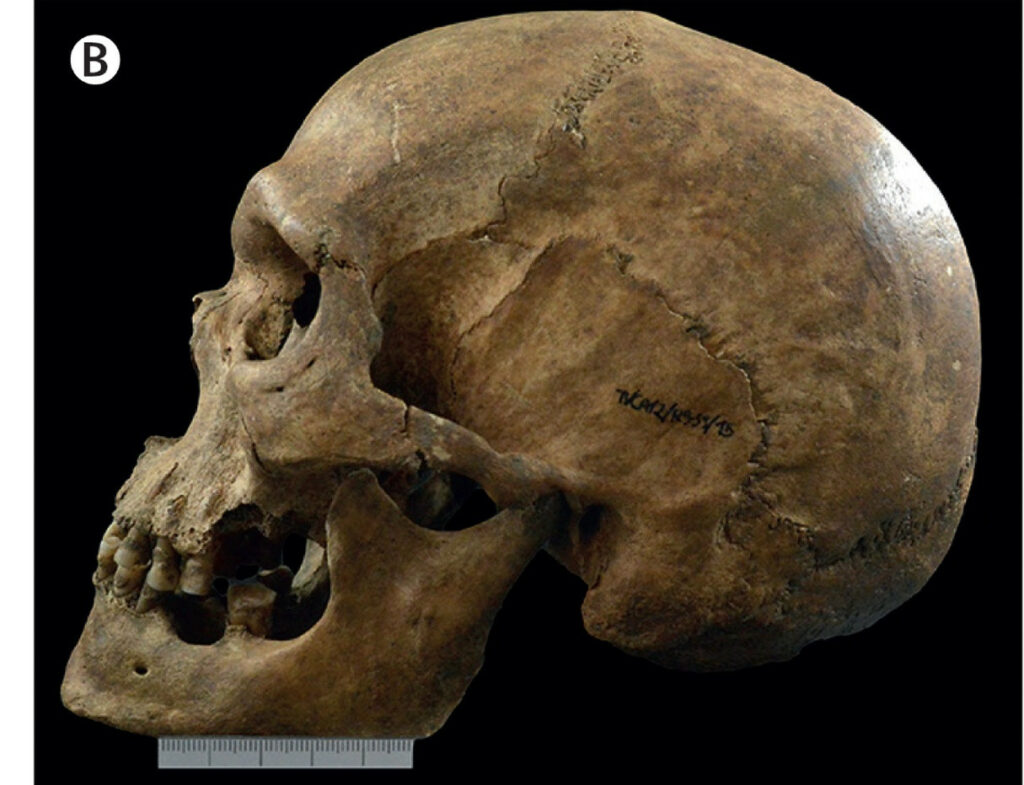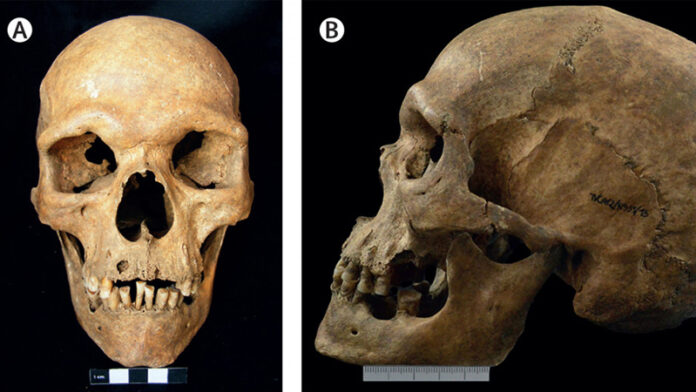An Ancient Genetic Revelation

Researchers have uncovered a remarkable discovery that sheds light on the history of a rare genetic condition known as Klinefelter syndrome. Through a multidisciplinary approach, combining genetic analysis, archaeological evidence, and anthropological expertise, they have identified the oldest clinical case of this syndrome to date, dating back to the 11th century.
The Skeletal Evidence

The evidence comes from a 1,000-year-old skeleton found in northeastern Portugal, which was radiocarbon dated by researchers from the University of Coimbra. This well-preserved specimen provided a unique opportunity for the team to investigate the genetic and physical characteristics associated with Klinefelter syndrome.
Decoding the Ancient DNA
Led by Dr. João Teixeira, an ARC DECRA Fellow at The Australian National University (ANU), the researchers analyzed the genetic information obtained from the skeleton. Despite the challenges posed by degraded and low-quality ancient DNA, they were able to computationally map the DNA fragments to the human reference genome, revealing the presence of an extra copy of the X chromosome – a hallmark of Klinefelter syndrome.
The Multidisciplinary Approach
The study brought together experts from various fields, combining genetic data with statistical analysis, archaeological evidence, and anthropological observations. This collaborative effort allowed the researchers to establish a definitive diagnosis of Klinefelter syndrome in the 11th-century skeleton.

“Our research shows the immense potential of combining different lines of evidence to study the human past, and the frequency of different health conditions through time,” said Dr. Teixeira.
Insights into Evolutionary Medicine
Associate Professor Bastien Llamas, Head of Molecular Anthropology at the Australian Center for Ancient DNA, emphasized the significance of this study for the field of evolutionary medicine.
“In recent years, ancient DNA helped rewrite the history of worldwide human populations. Our study demonstrates it is now a valuable resource for biomedical research and the growing field of evolutionary medicine.”
A New Horizon for Ancient DNA Research

The researchers suggest that their novel approach to analyzing ancient DNA can be further refined and applied to study other chromosomal abnormalities in archaeological specimens, including Down syndrome. This study not only establishes a historical record for Klinefelter syndrome but also paves the way for future investigations into the evolutionary history of genetic conditions.
Published in The Lancet, this groundbreaking research exemplifies the power of interdisciplinary collaboration in uncovering the secrets of our ancient past and advancing our understanding of human health and evolution.

